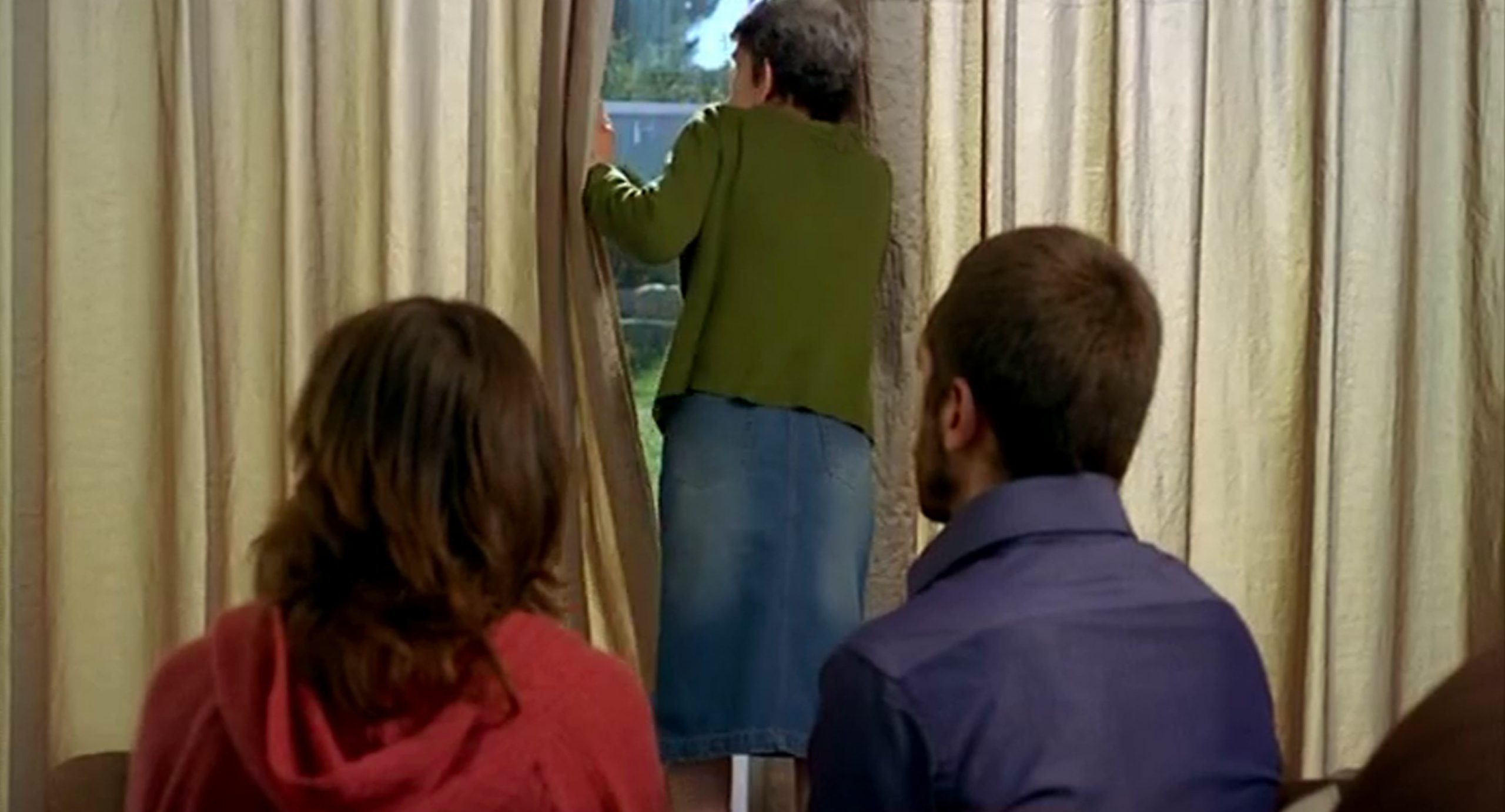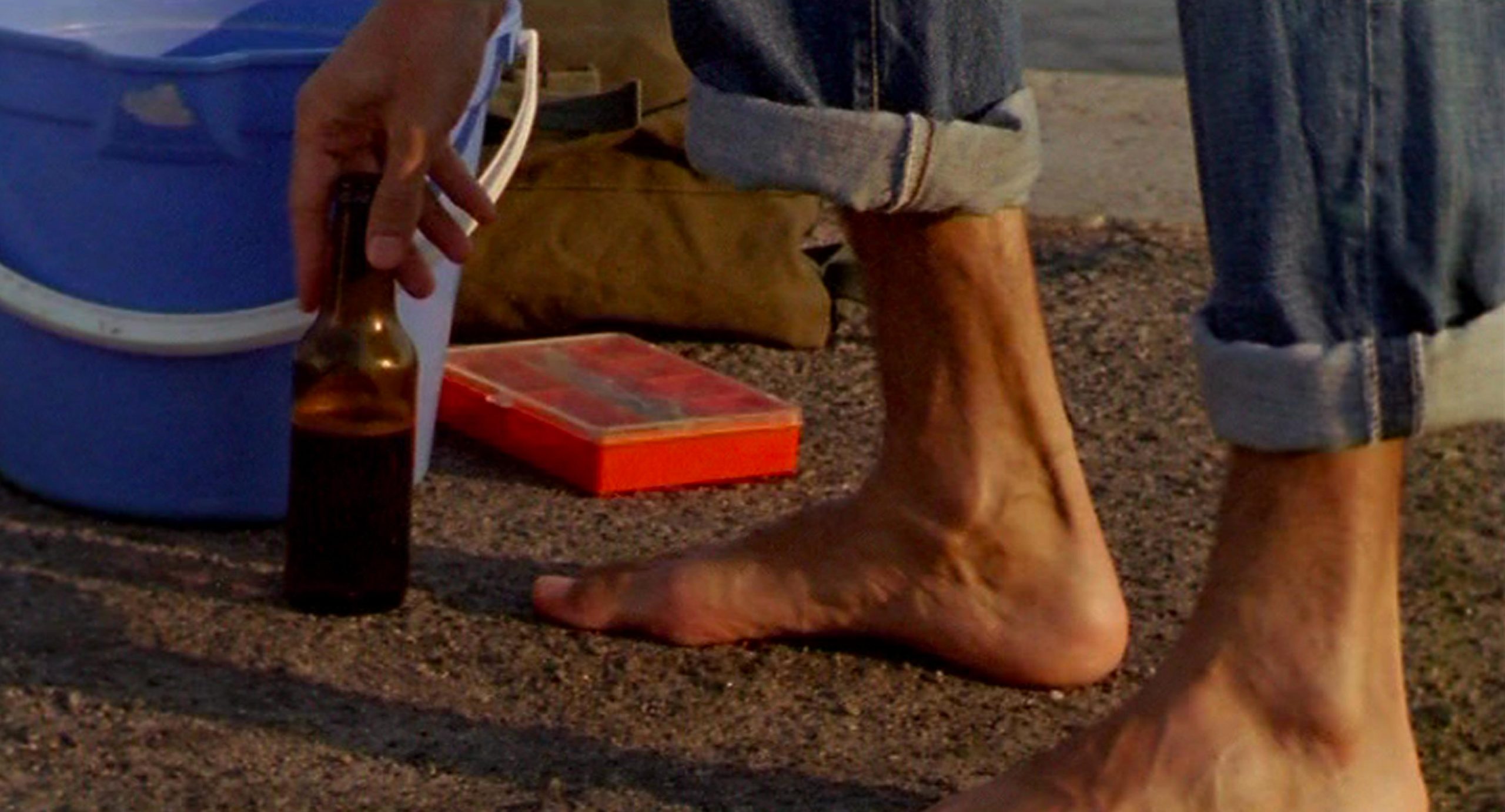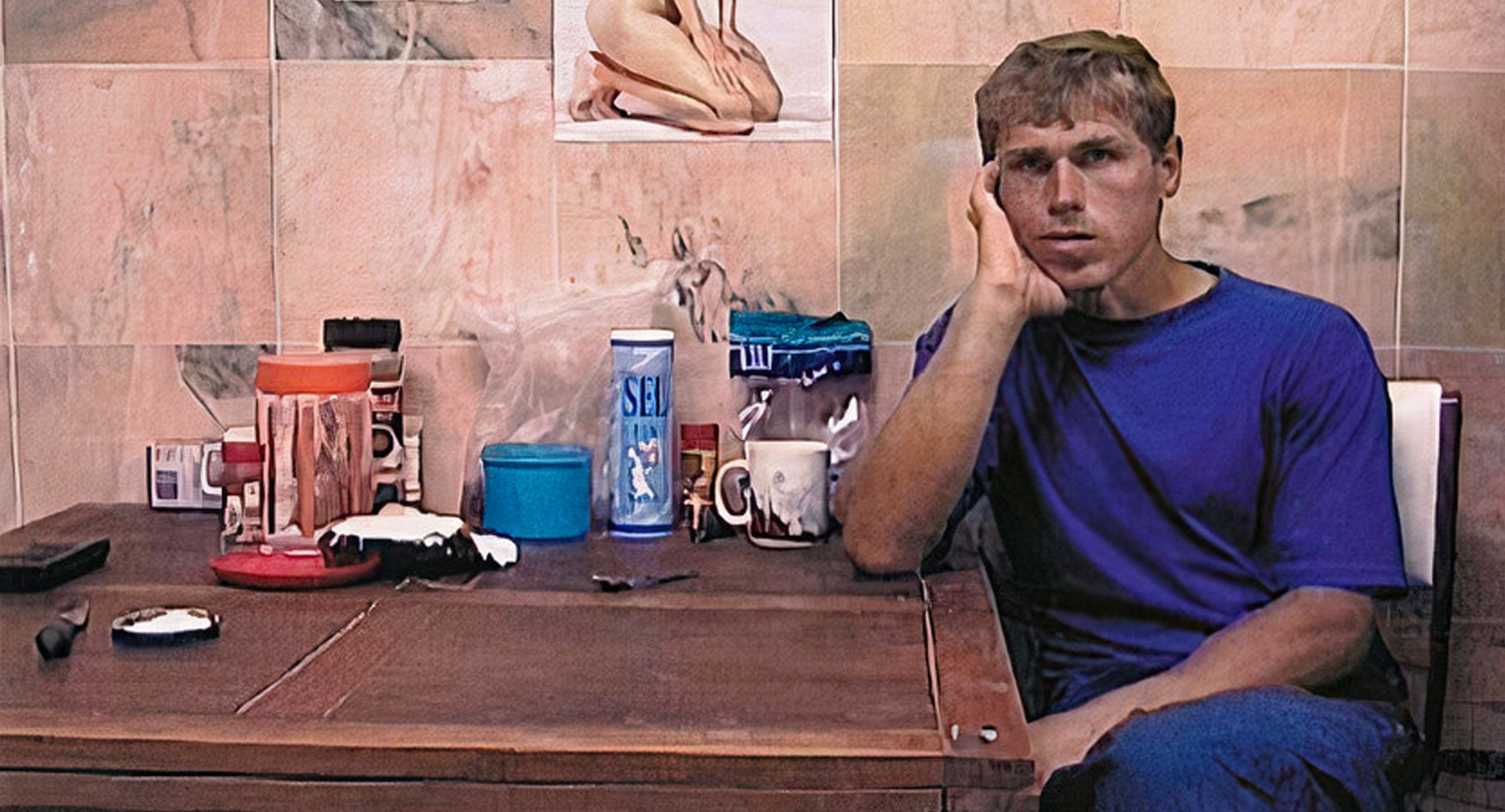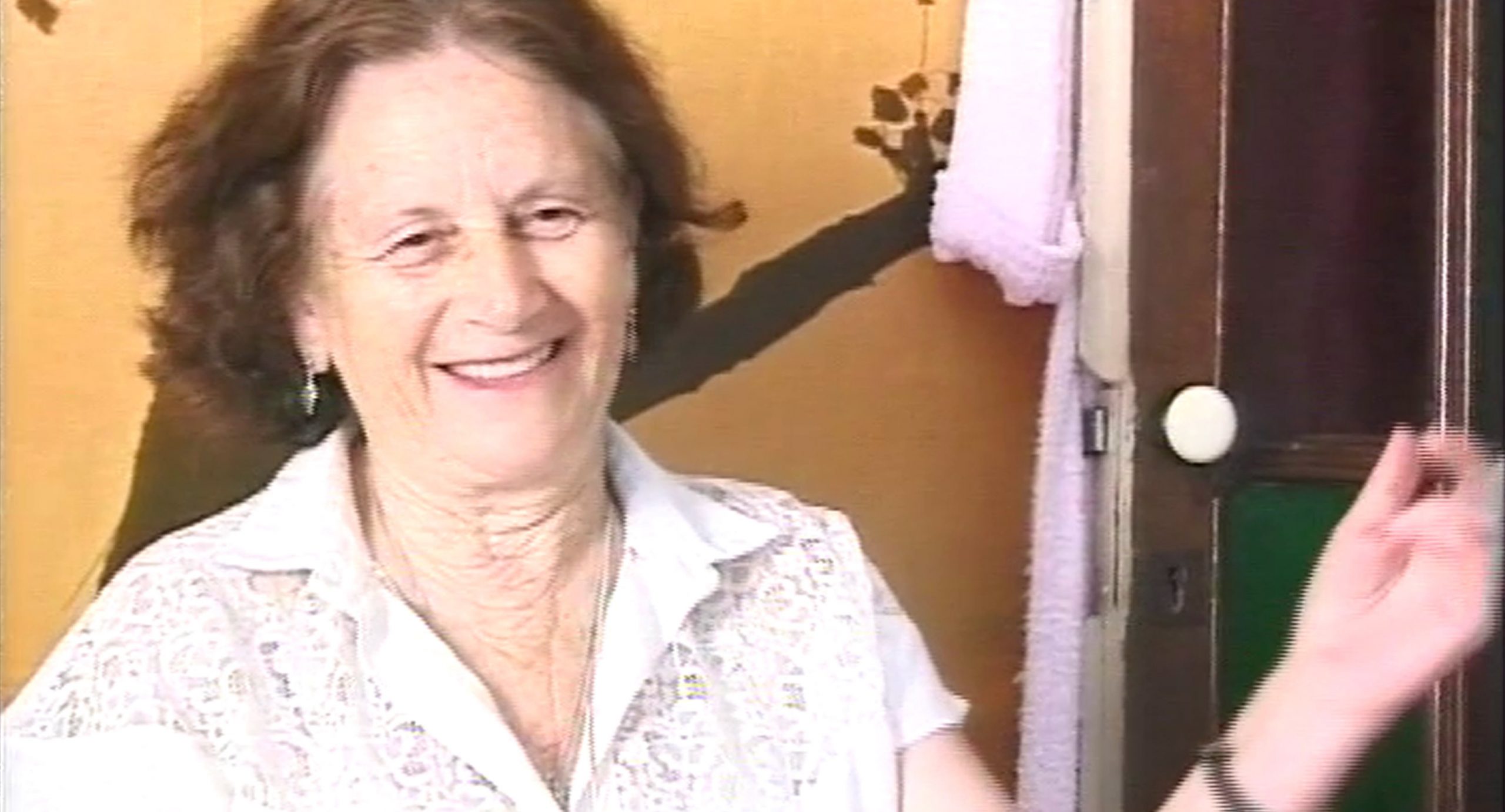Documentário, 80′
2019 PRAZER, CAMARADAS!
PRAZER, CAMARADAS! (doc. 80′)
Em 1975 eles eram jovens que vinham de toda a Europa para trabalhar nas cooperativas de um Portugal revolucionário. Cuidavam de ovelhase porcos. Faziam a colheita da azeitona e do trigo. E à noite festejavam com os restantes cooperadores. Hoje voltam para dramatizarem essas memórias com os moradores locais nos velhos palacetes em ruína: cantam, dançam, dizem segredos, procuram a intimidade, trocam beijos e apelam à revolução sexual. “Estrangeiro, quer casar comigo”? Sejam bem-vindos, camaradas!
1975, the year after the Carnation Revolution. Eduarda, João and Mick come from Europe to work in the co-ops in central Portugal. Like other foreigners and Portuguese people, they come from the cities to help milk the sheep, make cheese, give medical assistance and family planning classes, show erotic movies and participate in our traditional balls – “Comrades, do you want to know how we behave? Do you want to know who we are? How we treat our women and children? How we interact with each other and how we love? Come! We will find each other peculiar, and we will surely disagree on many things, but it’s all part of this revolutionary celebration!”
Curta-metragem, 20′
2017 O CASO J.
O CASO J. (fic. 20’)
Um tribunal é um teatro e a morte pode ser uma montagem. Quem era J., um jovem morto pela polícia do Rio de Janeiro?
A courtroom is a theatre and a death may be staged. Two policemen are accused in a court of law of the unlawful murder of J. J’s mother is questioned by the police officers’ defense attorney, to determine who her son was: was he really who he is said to have been? Found beside his body is a gun and drugs.
Documentário, 80′
2011 LINHA VERMELHA
LINHA VERMELHA (doc. 75’)
Apoios: ICA/RTP
Produção: Terratreme
Em 1975, a equipa de Thomas Harlan filmou a ocupação da herdade da Torre Bela, no centro de Portugal. Três décadas e meia depois, Linha Vermelha revisita esse filme emblemático do período revolucionário português: de que maneira Harlan interveio nos acontecimentos que parecem desenrolar-se naturalmente frente à câmara? Qual foi o impacto do filme na vida dos ocupantes e na memória sobre esse período?
In 1975, Thomas Harlan’s crew filmed Torre Bela’s homestead occupation, in the center of Portugal. Three decades later, RED LINE revisits this emblematic film of the Portuguese revolutionary period: in which way did Harlan interfered in the events that seems to naturally develop in front of the camera? What was the impact of the film on the lives of the occupants and the memory of that period?
Curta-metragem, 35mm, 9′
2008 A RUA

A RUA (fic. 9’)
Ana e Ricardo mudaram-se há pouco tempo para uma casa num condomínio privado. Ana descansa, Ricardo arruma os livros na estante, Sofia, a empregada, faz a limpeza. Lá fora, os vizinhos jogam golfe…
Ana and Ricardo moved for a house in a new luxury condominium. Ana takes a rest, Ricardo orders the books in the shelves, Sofia, the housekeeper, cleans up the living area. Outside, the neighbors play golf…
Curta-metragem, 4’40
2005 DOMINGO

DOMINGO (fic. 4’40)
É domingo, dia de descanso. À beira rio, o pai pesca e bebe, a mãe dorme, a filha brinca…
It’s Sunday, a leisure day. By the river the father is fishing and drinking a beer, the mother is sleeping and the daughter is playing around…
Documentário, 75′
2003 ENTRE MUROS

ENTRE MUROS (doc. 75’)
Co-realização com João Ribeiro.
Apoios: RTP-ICAM
Produção: Laranja Azul
Entre Muros acompanha o quotidiano de dois imigrantes ucranianos ilegais, Sergey e Edvard, desde a sua estadia em Portugal ao seu regresso à Ucrânia. Ambos trabalham na construção civil nos subúrbios de Lisboa. Os dois partilham o espaço fechado de uma garagem adaptada a casa, com três outros imigrantes ucranianos. Sergey, 31 anos, casado, uma filha, sonha ganhar dinheiro para terminar a construção da sua casa na Ucrânia. Edvard, 24 anos, está fascinado pelas novidades de uma sociedade consumista. Na garagem, a rotina pontuada por recordações e evocações da Ucrânia, é apenas quebrada pela festa da passagem de ano. Nos últimos meses de um exílio voluntário, os dilemas do regresso a casa tornam-se cada vez mais fortes. Quando deixam Portugal o filme acompanha os primeiros dias do retorno à terra natal e o que fica em aberto nas suas vidas. Que tipo de sonhos sustentam a força para que estes imigrantes sobrevivam num país distante?
This film is about two Ukrainians cousins: Sergey and Eduard, who are illegal immigrants in Portugal. They work as construction workers in the outskirts of Lisbon. The two of them share a converted garage with three others illegal Ukrainian immigrants. Their life in the garage is very basic and dull, but their inner life is full of contradictory feelings and nostalgia. The film describes their final months in voluntary exile, when yearning for home becomes more acute while the question of prolonging their stay arises. Finally, they leave Portugal and the film follows their first days in their own country. What kind of dreams can give them the strength to live and survive in these inhuman conditions in a faraway land?
Documentário, 38′
2001 SENHORINHA

SENHORINHA (doc. 38’)
Apoios: ICAM (pesquisa) / Ministério da Solidariedade Social
Margarida Senhorinha, 69 anos, não sabe ler nem escrever, mas grava versos, cantigas e as histórias dos seus aniversários. Quarenta anos passados numa vivenda com jardim, no meio dos prédios de um Cacém cada vez mais urbanizado. Agora a sua casa está em risco de ruir, talvez para dar lugar a um outro prédio de apartamentos. Memória viva de uma sociedade rural portuguesa em confronto com o mundo urbano do Cacém, Margarida Senhorinha pergunta: “E agora para onde vou?”.
Margarida Senhorinha, aged 69, is illiterate but records poems, songs and memories of her birthdays on a tape recorder. She’s spent forty years in her house with its garden amidst the blocks of flats of an ever expanding Cacém. Now, her entire life depends on her landlord. She’s at risk of lose her house, perhaps to make way for yet another tower block. A living memory of rural Portugal that has come face to face with urban Cacém, Margarida Senhorinha asks simply: “and now where do I go?”